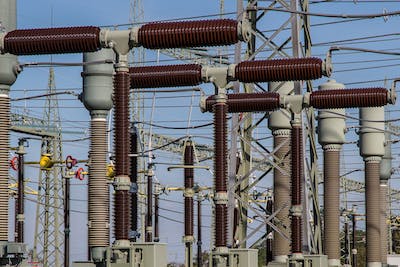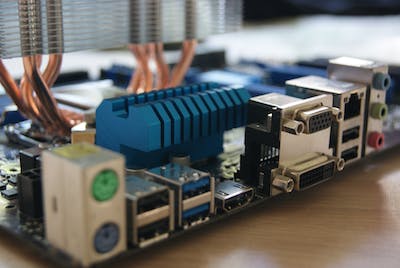
- Home
- Overview of the website
- Introduction to the mission of providing 24×7 power for all
- Call-to-action to enroll or learn more
- About Us
- Background information about your company
- Your mission and vision
- Team members and their expertise
- Courses
- Introduction to 24×7 power for all
- Basics of electricity and power systems
- Renewable energy sources and their role
- Energy storage technologies
- Microgrid and off-grid systems
- Energy management and optimization
- Case studies and success stories
- Course details, syllabus, and prerequisites
- Instructor profiles and qualifications
- Resources
- Downloadable guides and e-books
- Video tutorials and demonstrations
- Infographics and visual aids
- Recommended books and publications
- External links to relevant websites and resources
- FAQs and knowledge base
- Blog
- Informative articles on 24×7 power solutions
- Updates on renewable energy advancements
- Tips for energy efficiency and conservation
- Industry news and trends
- Guest posts and expert insights
- Success stories and testimonials
- Community
- Discussion forums or chat rooms for students
- Q&A sessions with instructors
- Peer-to-peer support
- Networking opportunities
- Events and webinars
- Student projects and showcases
- Enroll
- Course enrollment process
- Pricing and payment options
- Discounts or promotions
- Money-back guarantee or refund policy
- Terms and conditions
- Contact Us
- Contact information (email, phone number, address)
- Inquiry form
- Social media links

24×7 Power
Efficient Domestic Load Management: Optimizing Energy Consumption for a Sustainable Future
I. Introduction
A. Brief explanation of the importance of reliable and continuous power supply
Reliable and continuous power supply is of utmost importance in today’s modern world. It plays a vital role in every aspect of our lives, from powering our homes and businesses to supporting critical infrastructure and technological advancements.

Domestic Loads
Efficient Domestic Load Management: Optimizing Energy Consumption for a Sustainable Future
I. Introduction
A. Importance of domestic load management
Domestic load management plays a crucial role in ensuring efficient energy consumption and promoting sustainability in households. With the rising demand for electricity and increasing environmental concerns, it has become imperative for individuals to understand and manage their domestic loads effectively.

Commercial Loads
Efficient Commercial Load Management: Optimizing Energy Consumption for Businesses
I. Introduction
A. Brief overview of the importance of commercial load management
Commercial load management plays a crucial role in optimizing energy consumption for businesses and holds significant importance in today’s energy landscape. This practice involves actively monitoring, controlling, and optimizing the electrical demand of commercial establishments to ensure efficient and sustainable energy usage.

Industrial Loads
Efficient Industrial Load Management: Optimizing Energy Consumption for Sustainable Operations
I. Introduction
A. Briefly explain the importance of industrial load management in achieving sustainable operations.
Industrial load management plays a crucial role in achieving sustainable operations for industries. It involves the strategic management of energy consumption and optimizing the usage of resources to minimize waste, reduce costs, and mitigate environmental impact.

Agriculture Loads
Optimizing Energy Consumption in Agriculture: Strategies for Efficient Load Management
I. Introduction
A. overview of the importance of efficient load management in agriculture
Efficient load management in agriculture is of paramount importance for several reasons. Agriculture is a sector that heavily relies on energy consumption for various operations, such as irrigation, machinery usage, and processing. By efficiently managing the load, farmers and agricultural businesses can optimize energy consumption, reduce costs, and contribute to environmental sustainability.